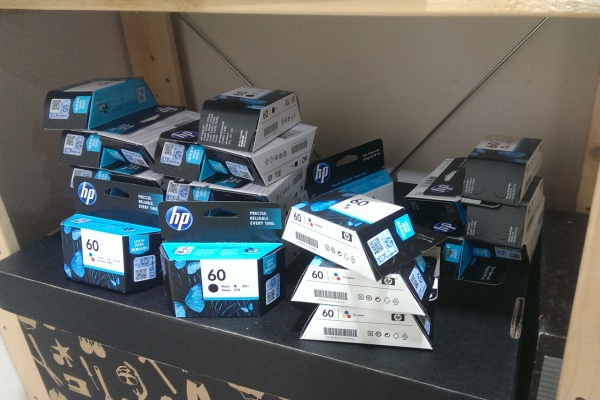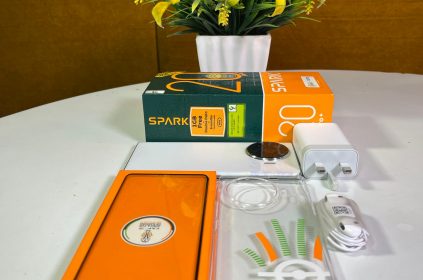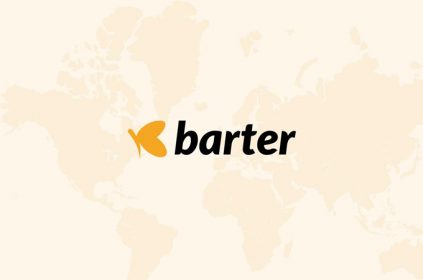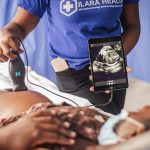HP’s Anti-Counterfeit and Fraud (ACF) teams have joined Nigerian authorities to identify illegal ink cartridges’ sales across six states.
In a new development, the AFC teams and the Nigerian Police’s joint effort has successfully intersected the potential sales of over 54,000 counterfeit goods.
As identified by the Joint Task Force, some of these counterfeit products include ready-for-sale fraudulent toner and ink cartridges.
This operation comes on the hill of HP’s discovery that a massive circulation of counterfeit products is ongoing across the various markets.
Having discovered the illegal act, the team commenced multiple raids across retail outlets and workshop premises in Lagos.
Similarly, the joint force also carried out separate anti-counterfeiting raids in other states, including Enugu, Jigawa, Kaduna, Kogi, and Abuja.
ALSO READ: Tesla To Commence Full Self-Driving Subscription From Early 2021
Glenn Jones, Director, Global ACF programme at HP, acknowledging the effectiveness of the Joint Task Force, said:
“We are very proud of our ongoing partnership with Nigerian authorities to help safeguard our consumers and partners from illegal, fraudulent activity, as well as working together to bring counterfeiters to justice in Nigeria,”
“The successful removal of counterfeit products from the Nigerian market is a testament to HP’s unwavering efforts and commitment to protecting our customers, and the continued success of our Anti-Counterfeiting and Fraud Programme,” Jones added.
HP has become a household name in the Nigerian digital market over the years; thanks to its strict quality and reliable standard.
Counterfeiting as a threat to brand reputation
In a situation like this, fishing out the counterfeits in the market is highly essential as it greatly threatens the trust that has been built around the brand over the years.
Interestingly, original HP products are designed with strict compliance with HP’s quality and standards; based on a long history of research, development, and testing.
While counterfeiting is an illicit crime; its impact on a brand’s perception can be very extreme and unbearable in most cases.

HP: Seized Counterfeit Laser Cart
As in HP’s case, this illicit act can lead to a string of other problems that could rub off; especially on the consumer.
Firstly, it could reduce consumers’ expectations and, on the extreme side, injures the consumers’ confidence in the brand’s product.
Things could also go even unbearable when market penetration is stiffened due to a lack of credibility in a brand’s product.
Overall, this simple act of ignorance can rub a company of millions; sometimes billions of dollars in its sales revenue and profit margin.
On the other hand, consumers also stand at risk of certain dangers, including poor output, health hazards, and contradictory output.
Counterfeiting and its grave impact on genuine economic activity
While counterfeiting is a growing economy on its own, it is a major disruption for genuine economic activities globally.
An insight into how the counterfeiting business has eaten deep into the global economy reveals an alarming concern.
For instance, a recent study by the International Chamber of Commerce (ICC) estimates that between $470 billion and $597 billion was displaced by counterfeiting in 2013 alone.
ALSO READ: HP, African Union Partner for Distance Learning in 55 AU Countries During COVID-19
ICC further claimed that an estimated value of counterfeiting and piracy is estimated at $917 billion annually.
Similarly, counterfeiting is also estimated to cost up to 2.6 million jobs, with projected job losses estimated to be between 4.2 and 5.4 million in 2022.
As alarming as these numbers are; it shows the grave impact of this illicit act known as counterfeiting on genuine economic activities.



















 and then
and then